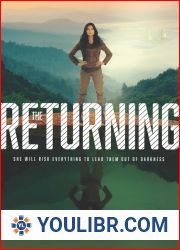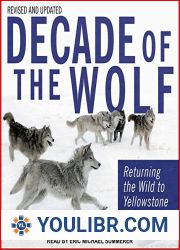
BOOKS - 1941: The Year That Keeps Returning


US $6.72

54087

54087
1941: The Year That Keeps Returning
Author: Slavko Goldstein
Year: March 1, 2007
Format: PDF
File size: PDF 6.6 MB
Language: English
Year: March 1, 2007
Format: PDF
File size: PDF 6.6 MB
Language: English
A New York Review Books OriginalThe distinguished Croatian journalist and publisher Slavko Goldstein says, "Writing this book about my family, I have tried not to separate what happened to us from the fates of many other people and of an entire country." 1941: The Year That Keeps Returning is Goldstein's astonishing historical memoir of that fateful year - when the Ustasha, the pro-fascist nationalists, were brought to power in Croatia by the Nazi occupiers of Yugoslavia. On April 10, when the German troops marched into Zagreb, the Croatian capital, they were greeted as liberators by the Croats. Three days later, Ante Pavelic, the future leader of the Independent State of Croatia, returned from exile in Italy and Goldstein's father, the proprietor of a leftist bookstore in Karlovac - a beautiful old city fifty miles from the capital - was arrested along with other local Serbs, communists, and Yugoslav sympathizers. Goldstein was only thirteen years old, and he would never see his father again. More than fifty years later, Goldstein seeks to piece together the facts of his father's last days. The moving narrative threads stories of family, friends, and other ordinary people who lived through those dark times together with personal memories and an impressive depth of carefully researched historic details. The other central figure in Goldstein's heartrending tale is his mother - a strong, resourceful woman who understands how to act decisively in a time of terror in order to keep her family alive. From 1941 through 1945 some 32,000 Jews, 40,000 Gypsies, and 350,000 Serbs were slaughtered in Croatia. It is a period in history that is often forgotten, purged, or erased from the history books, which makes Goldstein's vivid, carefully balanced account so important for us today - for the same atrocities returned to Croatia and Bosnia in the 1990s. And yet Goldstein's story isn't confined by geographical boundaries as it speaks to the dangers and madness of ethnic hatred all over the world and the urgent need for mutual understanding.













































